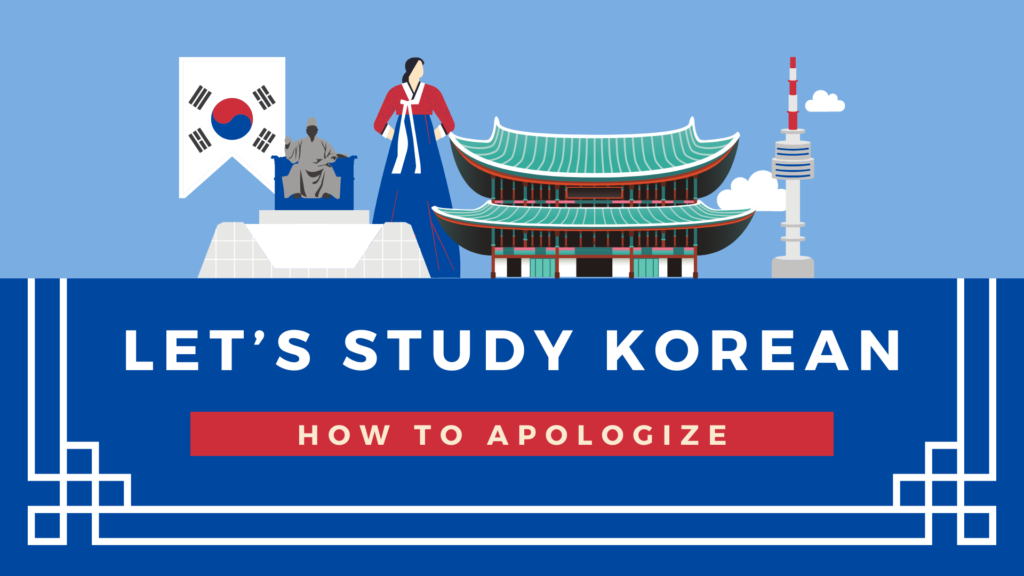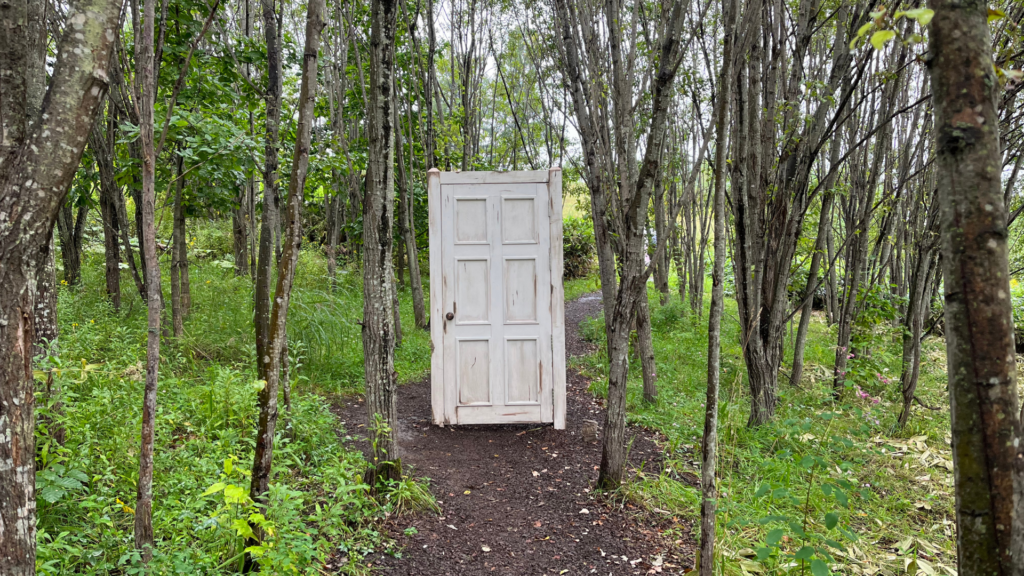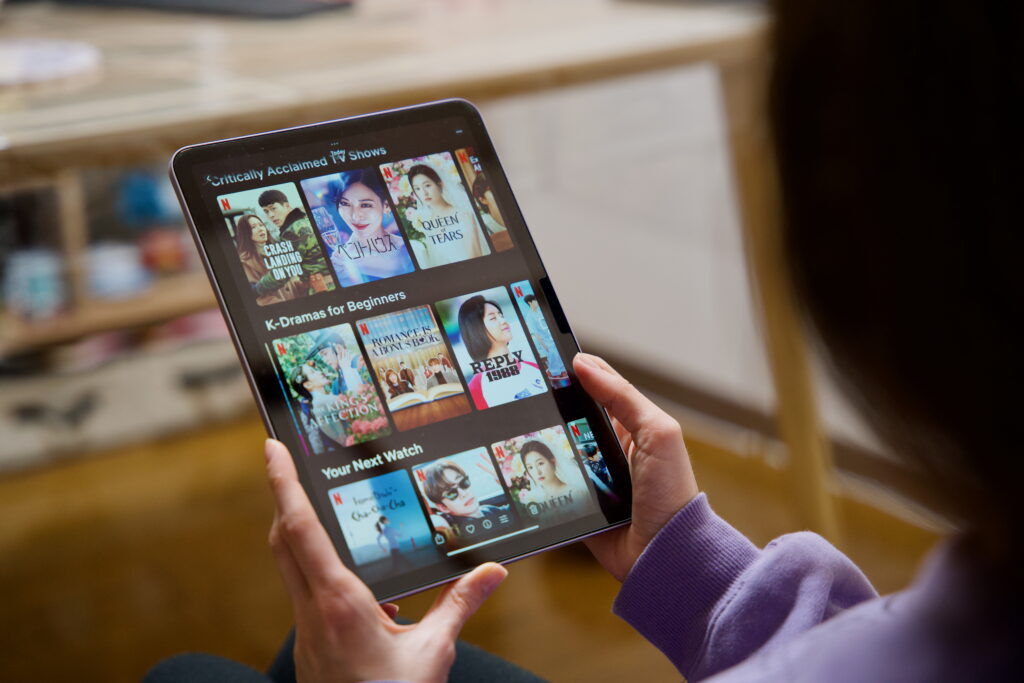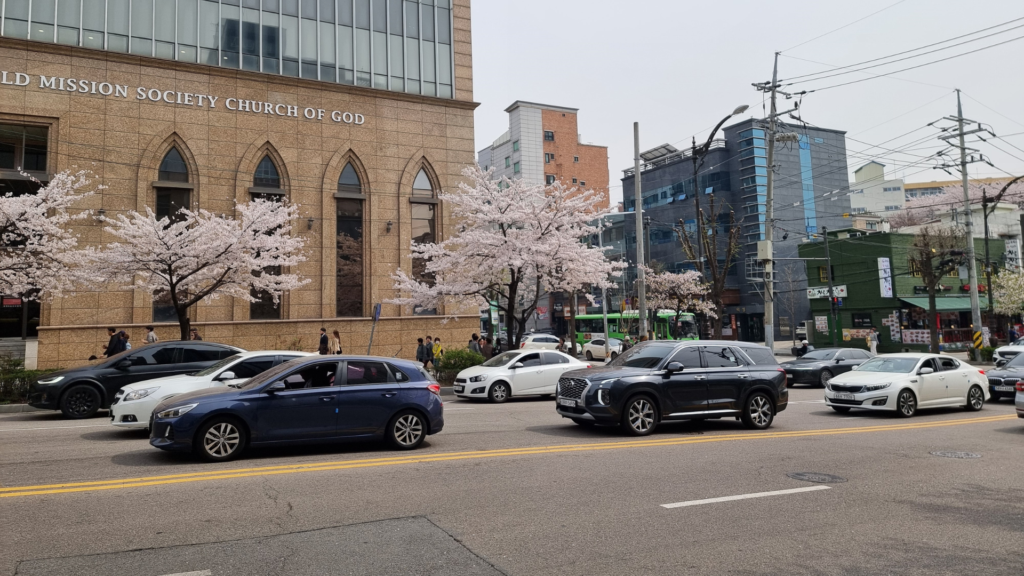Latest update: June 2025.
Just like every culture has its own set of expressions and slang, Korean slang is a fun and essential part of learning the language! Much of Korean slang is created by combining syllables from longer words or shortening English phrases, making it both creative and surprisingly familiar for learners.
In this guide, you’ll get to know the trendiest and most useful Korean slang terms, split into five fun categories. Ready to speak like a local? Let’s unravel them!
1. Everyday Korean exclamations
- Daebak (대박): That’s awesome!
Characters in Korean dramas and variety shows use this word frequently. It describes when something is awesome or it’s a way of showing enthusiasm. Most of the time, it also describes a state of awe or shock.
- Jjang (짱): Great or amazing!
This is another way to say something is amazing or awesome in Korean. However, you can add this to describe a certain person’s feature such as 얼짱 (eoljjang), which means good looking or 몸짱 (momjjang), which means having a good body.
- Heol (헐): Oh My God!
This word expresses shock. Mainly something negative as opposed to daebak but it can be used both ways.
- Jaem (잼): Fun!
This is the shortened version of the word 재미 (jae-mi, fun). This describes whether something or someone is fun or not. The word is used in two different ways. One way is to express great fun by saying 꿀잼 (ggool jaem, literally honey fun) or you can express something is no fun at all by saying 노잼 (no jaem, no from English plus jaem).
- Kol (콜): I’m in or sounds good
This is used when you’re either down to go to the movies or about to do something reckless. It’s that nonchalant expression that could be used to express that you’re committing to a fun social activity or you’re willing to go cliff jumping.
- Hwaiting (화이팅): I’m rooting for you
This has been used countless times in Korean slang history. Used in sporting events or to encourage someone you care about.
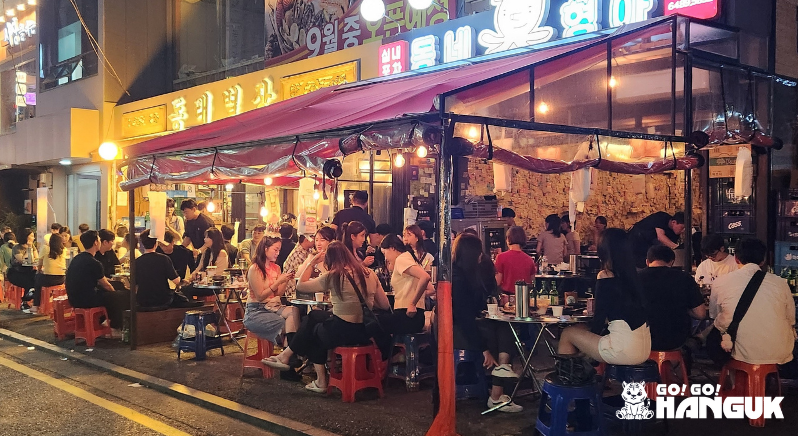
2. Relationships & romance
Korean romance has its own vocabulary, and this Korean slang is key if you want to follow K-dramas or understand relationship talk between locals.
- Namchin / Yeochin (남친 / 여친): Boyfriend / Girlfriend
This is a shortened way of saying 남자 친구 (nam-ja chin-goo) and 여자 친구 (yeo-ja chin-goo). This is similar to shortening boyfriend and girlfriend in English using gf and bf.
- Sseom (썸): Developing feelings between two people
This describes a time between two people right before they officially start dating. Basically saying there is SOMEthing going on between them. It’s verb form is 썸타다 (sseomtada) or 썸을 타다 (sseomeul tada). To describe the other person that is showing interest, you can use 썸남 (sseomnam) for men, and 썸녀 (sseomnyeo) for women.
- Mildang (밀당): Push and pull
Literally putting the first syllables of push and pull together, 밀다 (mil-da, to push) and 당기다 (danggi-da, to pull). This describes someone in a romantic situation who is being flaky or “playing games”.
- Aegyo (애교): Acting cute
This describes when someone is acting cute or baby-like. Used mainly among idols to display fan service but it’s also seen as a way of flirting.
3. Korean slang abbreviations in chats
If you’re texting in Korean or scrolling through social media, you’ll see these Korean slang abbreviations everywhere. They often use consonants to represent full words.
- ㅁㄹ: Short for 몰라 (molla)
Meaning “I don’t know.” It is in casual tone and often used when someone’s confused or doesn’t care much.
- ㄹㅇ: Stands for 리얼 (rieol)
Meaning “real?” or “seriously?” and often adds emphasis to how true something is.
- ㅇㅈ: Short for 인정 (injeong)
Meaning “I agree” or “So true.” A quick way to show support or validation in a chat.
- ㅅㄱ: Short for 수고 (sugo)
Which roughly means “good job” or “thanks for your effort.” You can use this to express appreciation.
- ㅇㄷ: Short for 어디 (eodi)
Meaning “where?” Very common when texting friends to ask where they are or where something is happening.
Wish to know other Korean slang words? We have it here. Using these abbreviations will definitely make your Korean chats look more natural and up-to-date!
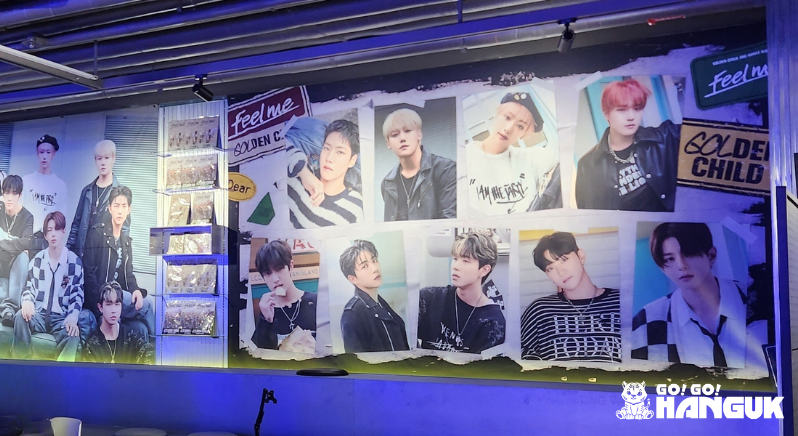
4. K-pop slang
If you love K-pop, you’ll often hear Korean slang that’s unique to the K-pop and K-drama world. These expressions help fans show support, excitement, or just relate to the content they’re watching.
- Ipdeok (입덕): To become a fan
Especially after seeing a certain idol or actor. The word comes from 입 (ip, enter) and 덕 (deok, short for ‘덕후’ or otaku/fan).
- Taldeok (탈덕): The opposite of 입덕
This is when you “leave” the fandom or lose interest in a celebrity.
- Choae (최애): Favorite
Short for choegoro aejeonghaneun (최고로 애정하는), this is used to refer to your bias or top pick in a group or drama cast.
- Deokjil (덕질): The act of fangirling/fanboying.
This includes collecting merch, going to fan meetings, and streaming performances obsessively.
- Simkung (심쿵): Heart-thumping
A combination of 심장 (simjang, heart) and 쿵 (kung, thump). It’s used when something or someone makes your heart race, usually from cuteness, hotness, or emotional scenes.
These pop culture slang terms are deeply woven into the fandom experience and help fans express their enthusiasm in a uniquely Korean way. Whether you’re commenting on a viral music video or sharing drama memes, you’ll fit right in with this Korean slang.
5. Bonus Korean slang
These are extra Korean slang terms that are too useful (or funny) to ignore and they’ll make you sound like a local in no time.
- Ppeong (뻥): Joke/lie
This word is commonly describes a joke or false information. It’s normally used like this: 뻥치지마 (Ppung-chi-ji-ma, “Don’t lie to me” or “Stop joking with me”).
- Selka (셀카): Selfie
This is the shortened version of the two words 셀프 (selpeu, self) and 카메라 (kamera, camera). You can call selfie sticks 셀카봉 (selkabong) in Korean.
- Bepeu (베프): Best friend
This is the shortened version of the Konglish (Korean English) phrase 베스트 프렌드 (beseuteu peurendeu, best friend).
- Naega ssolge (내가 쏠게): I’ll pay/treat
Literally meaning “I’ll shoot”, these are words everyone wants to hear after a large meal. This is used to say that you will be the one paying as it is a common tradition in Korea that each person in the group takes turns paying for meals. The verb 쏘다 (sso-da) actually means to shoot rather than using the verb 사다 (sa-da, to buy).
You’ll hear these terms on the streets, in group chats, and in almost every K-drama or variety show. So whether you’re planning a trip to Korea, studying the language, or just love the culture, using Korean slang is a fun way to feel more connected.
We hope you enjoyed this article! For more information on Korean language and culture, keep following the Go! Go! Hanguk blog and do not hesitate to contact us about living and studying in Korea.

